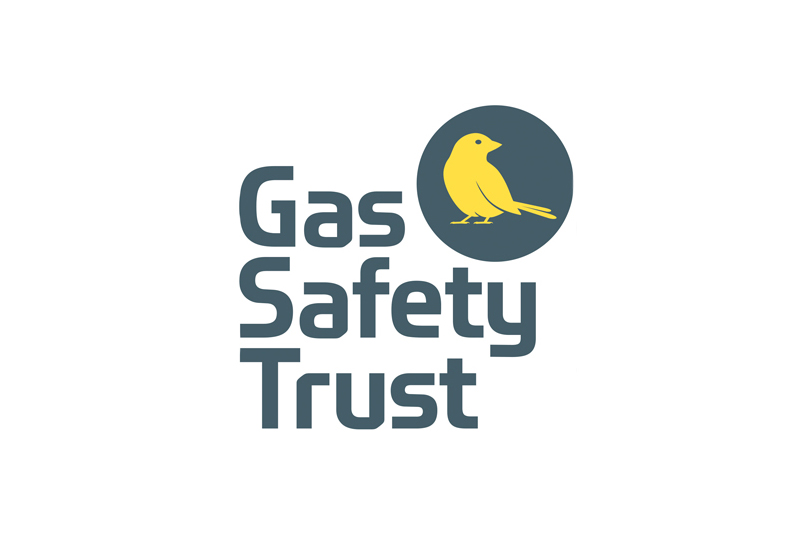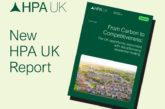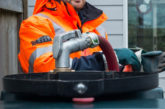
The Gas Safety Trust has released a report to explore new ways of detecting carbon monoxide poisoning.
Diagnosing carbon monoxide (CO) poisoning is notoriously difficult, as it produces common, non-specific symptoms such as headaches and nausea and mimics other, more common ailments such as flu and food poisoning.
Accidental CO poisoning is said to be considered rare, but is likely not as rare as people think and it is preventable.
CO is a poisonous gas that cannot be seen, smelt or tasted. This makes it difficult for those exposed to know that they have been poisoned as well as what they have been poisoned by.
The most commonly used biomarker associated with the identification of exposure to CO, carboxyhaemoglobin, is now being reported as being less useful than previously thought and cases of exposure are said to be missed.
The need to identify new biomarkers has therefore been suggested. These biomarkers will ultimately assist clinicians in making a diagnosis of CO poisoning and help them in their assessment of patient outcome and referral decisions.
In response to this, the Gas Safety Trust has published a report which considers current research into new biomarkers, what lessons could be learnt from similar areas of study and how thinking might be challenged and explored, to answer questions relating to the neurological effects associated with CO exposure.
This report, follows on from a workshop held in September 2017, can be found on the CO Portal here.
At the event the implications of exposure to CO on health were closely examined and the broad findings, in the report showed that:
- There are gaps in the evidence base
- Little is known about the effects of low level chronic exposure to CO
- Incorporating knowledge from translational areas of research into the development of work on CO is important
- A combination of approaches is required to develop novel biomarkers
- The needs of the clinician have to be considered
- Developing a dedicated funding programme of research work is critical.
Chris Bielby, GST Chair said: “The Gas Safety Trust is committed to supporting the improved diagnosis and treatment of CO poisoning. We were pleased to be able to convene this group of experts to discuss this important issue and how we improve diagnosis.
“What is emerging from other research we are funding is that incidents are being missed and that people may be being poisoned at lower levels for extended periods of time without knowing it. I am optimistic that improved biomarkers will ensure those people are identified sooner.”












